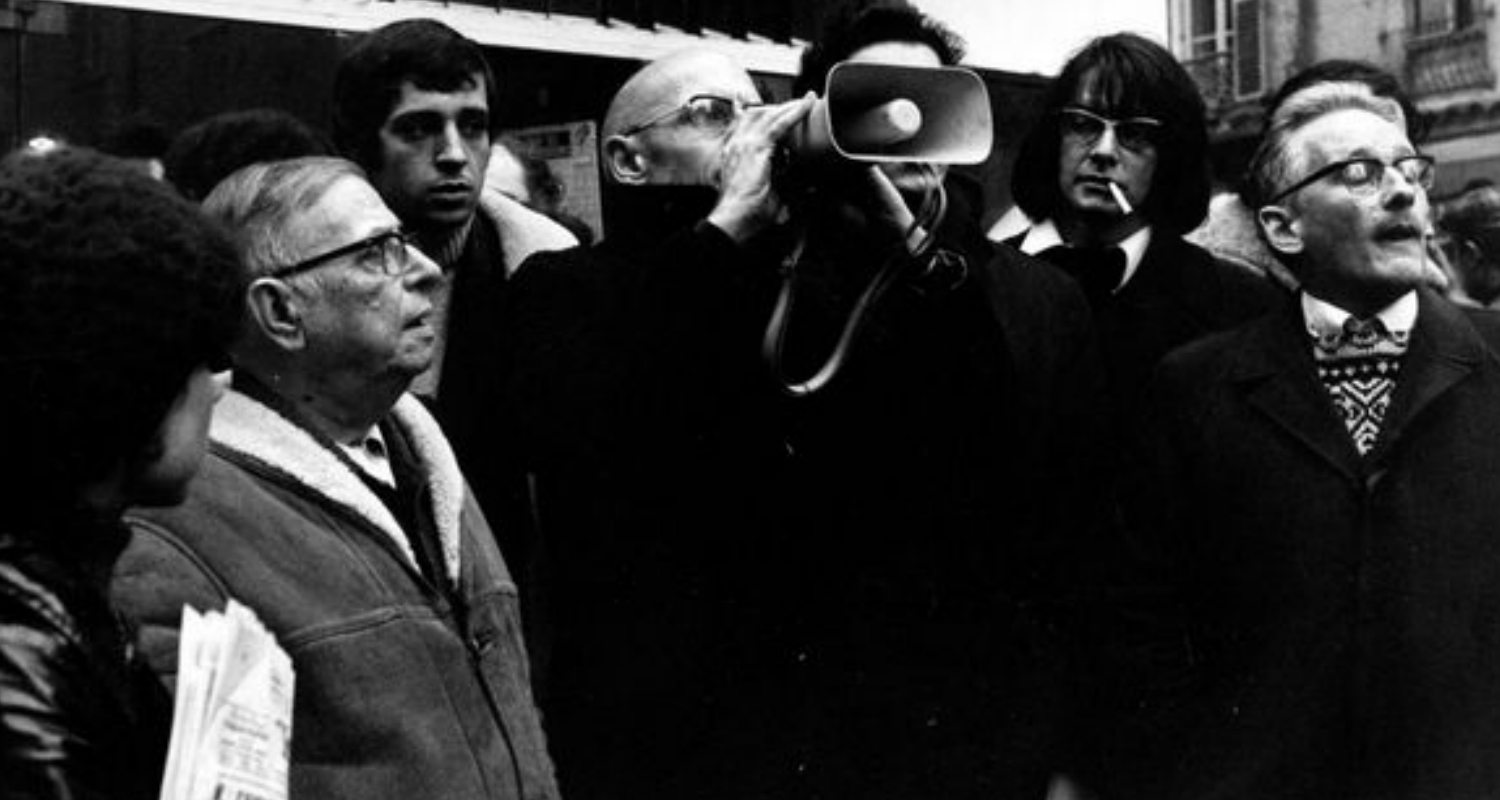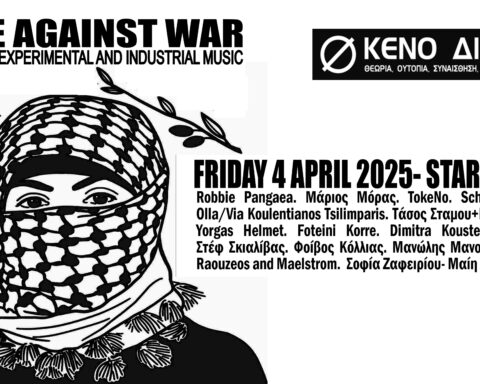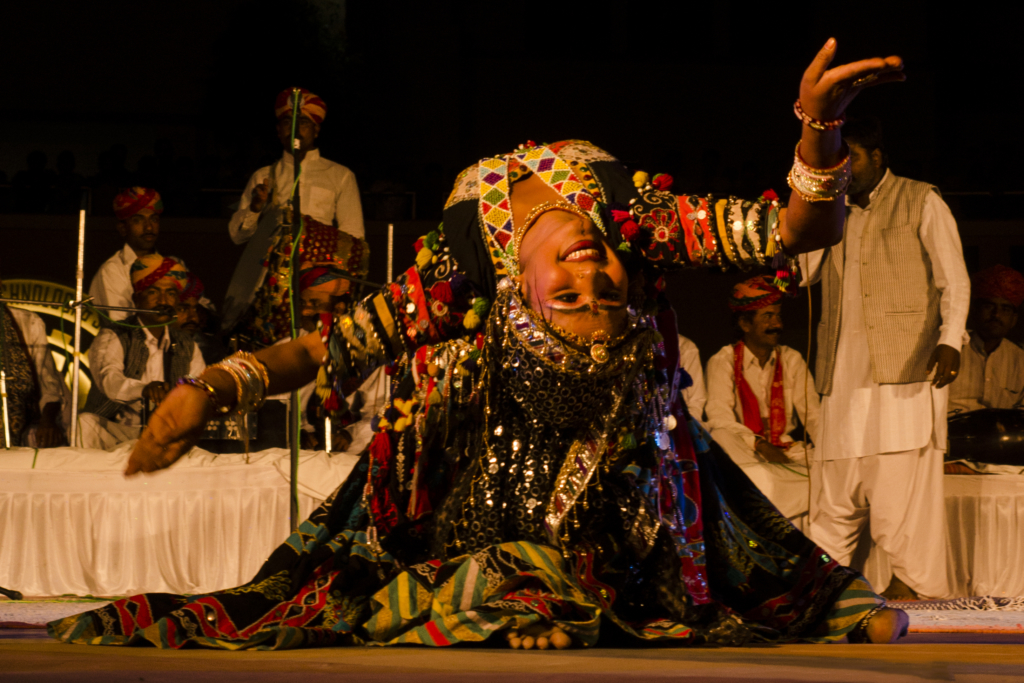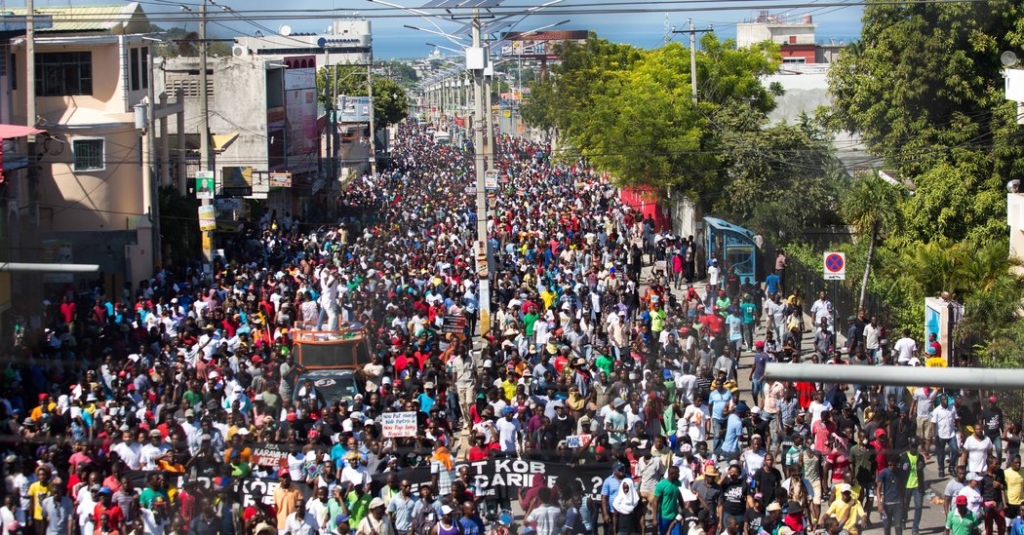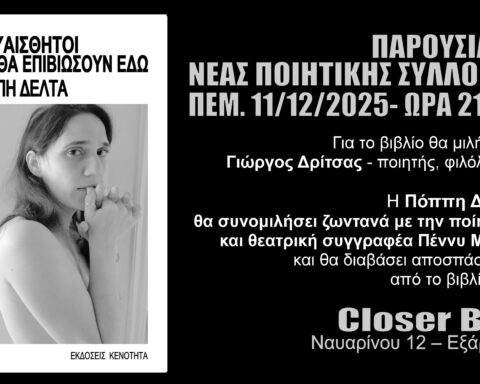Becoming-Other, Becoming-Many: Poststructuralism and the Problem of Justice- George Sotiropoulos– political philosopher and member of Void Network participates in the conference POSTSTRUCTURALISM: PAST, PRESENT, FUTURE Wed. 6/3/2019 MADRID
This paper argues that poststructuralist thought can help articulate a critical and materialist notion of justice against the normativist and idealist conceptions dominant today. The assumption that justice is a critical concept goes all the way back to Plato, whose interrogation of the notion in the Republic yields a critical analysis of the political forms existing in Greece at the time. On the other hand, in the very same work, Plato has been taken to canonize an idealist conceptualization of justice, as a normative Ideal that prescribes how things Ought to be. This conception remains prevalent today in mainstream theories of justice, which unfold within a more or less liberal frame of reference. Despite the plurality of perspectives and the willingness to critically engage with key premises of liberal thought, justice continues for the most part to be conceived as a judgment that reason passes on material reality. Recognizing the exclusionary implications of this type of normative political theory, a diverse yet identifiable current of thought has emerged that attempts to recover a more critical conception of justice, which does not adopt however the reductionist attitude of traditional Marxist or more broadly materialist critiques. In this context, the legacy of poststructuralism has been ambivalent. On the one hand, the late work of Derrida has arguably been an inaugurating moment of contemporary critical and non-reductionist theories of justice. On the other hand, it is not hard to find instances in the work of other iconic poststructuralist thinkers that suggest a principled dismissal of the notion’s analytical and political merits. Intentionally or inadvertently, poststructuralism’s radical critique of political normativism has been said (and accused) to lead to a subsumption of justice to power. Even Derrida’s attempts to sustain the irreducibility of the former to the latter, ends up in an aporetic position, which refrains from articulating an alternative, positive conception of justice. It is the latter possibility that my paper explores. Starting with a brief discussion of Derrida and Foucault and then focusing on Deleuze and Guattari, it will be argued that poststructuralist thought provides a fertile basis for a concept of justice that foregrounds the latter’s critical potency without however forfeiting its normative and ethical traits. At the same time, this conception will be shown to be consistent to a materialist theory of social reality, yet respectful of the ideational dimension of justice as well as of its excessiveness vis-à-vis historical actuality.
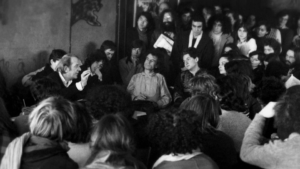
Conference Program
POSTSTRUCTURALISM: PAST, PRESENT, FUTURE
Seminario 217 (Sala Ortega y Gasset)
Department of Logic and Theoretical Philosophy
Universidad Complutense de Madrid.
WEDNESDAY 6TH MARCH 2019
0830–0900 hrs: Welcome and Registration
0900–0915 hrs: Opening Remarks
0915–1015 hrs: Session 1―The Genesis of Poststructuralism
Chair: Gavin Rae
Nietzsche and the Emergence of Poststructuralism
Alan D. Schrift (Grinnell College, USA).
Poststructuralism in America: From Epistemological Relativism to Post-Truth?
Kevin Kennedy (University of Paris II: Panthéon-Assas, France).
1015–1030 hrs: Coffee Break
1030–1200 hrs: Session 2―Deleuze
Chair: Alan D. Schrift
Structuralist Heroes and Machinic Assemblages: On Deleuze and Guattari’s ‘Post-structuralism’
Iain Campbell (University of Edinburgh, Scotland).
Virtuality, Life, Contemplation: Gilles Deleuze, reader of Plotinus
Giuseppe Armogida (University of Roma-Tre, Italy).
The Cut, the Egg and the Embryo: Is Time a Destructive or a Creative Factor in Deleuze’s Philosophy of Individuation?
Sigmund Schilpzand (University of Southampton, England).
1200–1215 hrs: Coffee Break
1215–1345 hrs: Session 3―Ethics
Chair: Iain Campbell
The Role of Complexity in Poststructuralist Ethics
Kalle Pihlainen (Tallinn University, Estonia).
To have done with human rights(?): A Deleuzian Critique
Christos Marneros (University of Kent, England).
Becoming-Other, Becoming-Many: Poststructuralism and the Problem of Justice
George Sotiropoulos (International School of Athens, Greece).
1345–1515 hrs: Lunch
1515–1615 hrs: Session 4―Castoriadis
Chair: Ronit Peleg
Splitting the Unconscious: Castoriadis and the Problem of Poststructuralist Agency
Gavin Rae (Universidad Carlos III de Madrid, Spain).
Radicalizing Democracy: The Castoriadis Approach
Alhelí Alvarado (School of Visual Arts, New York City, USA).
1615–1630 hrs: Coffee Break
1630–1800 hrs: Session 5―Aesthetics and Culture
Chair: Kalle Pihlainen
What Moves Music? Poststructuralism and Musical Ontology
Michael Szekely (Temple University, USA).
A Poststructuralism for the Visual Arts
Ashley Woodward (University of Dundee, Scotland).
Jean Francois Lyotard―Dead Letters
Ronit Peleg (Tel-Aviv University/Hebrew University, Israel).
THURSDAY 7TH MARCH 2019
0915–1045 hrs: Session 6―Deconstruction
Chair: Emma Ingala
Poststructuralism and Transcendental Philosophy: Derrida’s Différance
James Cartlidge (Central European University, Hungary).
Derrida, Heidegger and the (brief) moment of History
Corinne Kaszner (University of Köln, Germany).
Jacques Derrida & Pierre Bourdieu: The Poststructuralist Public Space
Cillian Ó Fathaigh (University of Cambridge, England).
1045–1100 hrs: Coffee Break
1100–1230 hrs: Session 7―Foucault
Chair: Sara Raimondi
From Choir Boy to Funeral Hymn: Foucault’s Complicated Relation to Structuralism
Guilel Treiber (KU Leuven, Belgium).
Foucault’s Power: Resistance/Unreason
Christine Brueckner McVay (School of Visual Arts, New York City, USA).
Foucault and Jean-Luc Nancy against the Body Politic
Almudena Molina (University of Sussex, England).
1230–1245 hrs: Coffee Break
1245–1345 hrs: Session 8―Sexuality and the Body
Chair: Guilel Treiber
Rethinking the Body through Poststructuralism
Emma Ingala (Universidad Complutense de Madrid, Spain).
An Archaeology of Violence against Ambiguous Subjects
Emmanuel Jouai (University of Westminster, England).
1345–1515 hrs: Lunch
1515–1645 hrs: Session 9―Butler
Chair: Hannah Richter
The Ethics and Politics of Temporality
Rosine Kelz (Institute for Advanced Sustainability Studies, Potsdam, Germany).
Vulnerability and the Inevitability of Violence: Reflections with and beyond Judith Butler
Martin Huth (Messerli Research Institute, Austria).
Fiddling while Democracy Burns: Postmodernity and the Limits of Performative Political Theory and Practice
Eric Goodfield (American University in Beirut, Lebanon).
1645–1700: Coffee Break
1700–1800 hrs: Session 10―Challenging Poststructuralism: The New Materialisms
Chair: Eric Goodfield
Towards the Future through the Past: Challenging the Transversality of New Materialisms as a Response to Discursive Poststructuralism
Sara Raimondi (University of Hertfordshire, England).
Thinking Post-structuralism with Deleuze and Luhmann: Sense, Interiority, Politics
Hannah Richter (University of Hertfordshire, England).
1800–1815: Closing Remarks.
_____________________________
more info: https://poststructuralismconference.wordpress.com/conference-abstracts/
